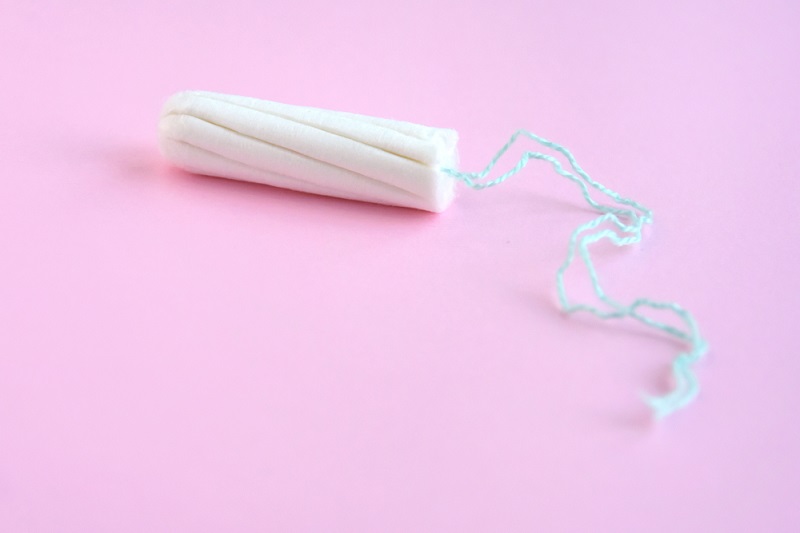
Some Kotex Tampons Recalled After Reports of 'Pieces Left in the Body'

Certain Kotex tampons are being recalled after some users reported that the product unraveled or came apart, and in some cases, resulted in "pieces left in the body" that required medical attention, according to a new recall announcement.
Yesterday (Dec. 11), Kimberly-Clark, the makers of Kotex, issued a recall of certain lots of its "U by Kotex Sleek Tampons, Regular Absorbency" product, sold in the United States and Canada. The recall is limited to lots that were manufactured between Oct. 7, 2016 and Oct. 16, 2018; and distributed between Oct. 17, 2016 and Oct. 23, 2018, according to the company's statement.
The recall is due to a "quality-related defect that could impact the performance of this product," the statement said. Specifically, the company received reports of the tampons "unraveling and/or coming apart" when users tried to remove them. In some cases, this defect resulted in pieces of the tampon breaking off and being left in the body, which required medical attention to remove, the statement said.
The company also received a small number of reports of infections, vaginal irritation, localized vaginal injury and other symptoms tied to the recalled product.
Consumers can identify the recalled tampons by checking the lot numbers found on the bottom of the package. A list of the recalled lot numbers is available in the recall statement. Users can also check their product's lot number on the Kotex website.
People who bought these tampons should stop using them immediately and call Kimberly-Clark's Consumer Service team at 1-888-255-3499 for information on the recall, the statement said. Users who experience symptoms such as vaginal pain, bleeding or discomfort; vaginal itching or swelling; symptoms of bladder or yeast infections; or abdominal pain, nausea or vomiting, should seek immediate medical attention.
- 7 Facts Women (And Men) Should Know About the Vagina
- 5 Key Nutrients Women Need As They Age
- 5 Myths About Women's Bodies
Originally published on Live Science.
Sign up for the Live Science daily newsletter now
Get the world’s most fascinating discoveries delivered straight to your inbox.

Rachael is a Live Science contributor, and was a former channel editor and senior writer for Live Science between 2010 and 2022. She has a master's degree in journalism from New York University's Science, Health and Environmental Reporting Program. She also holds a B.S. in molecular biology and an M.S. in biology from the University of California, San Diego. Her work has appeared in Scienceline, The Washington Post and Scientific American.










